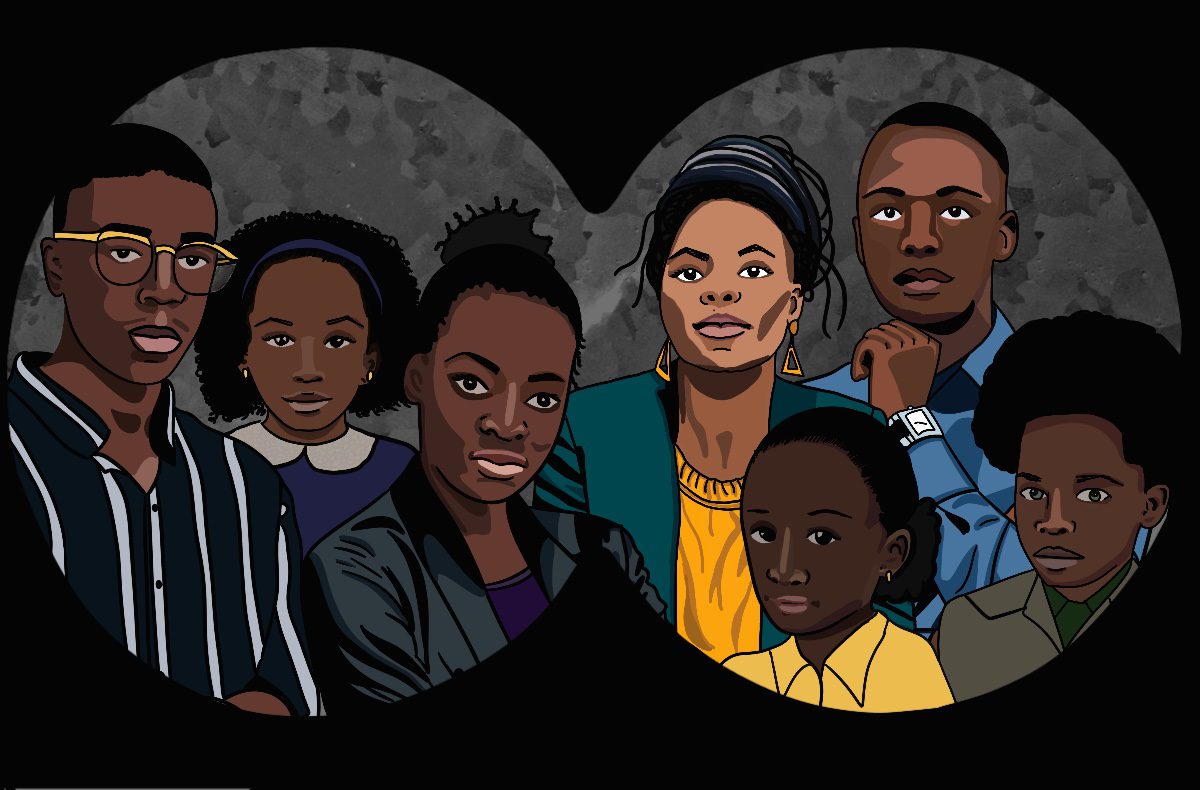
Illustration by Nikki Muller
Hotel security at the Hyatt Regency at the Colorado Convention Center recently shut down an event involving the National Association of School Psychologists (NASP) as Black school psychologists were gathered in the hotel’s presidential suite. I was one of them.
This gathering was a joyous and exciting opportunity for approximately 60 Black school psychologists and graduate students to honor the association’s second Black president in history, Dr. Celeste Malone. In moments, Black joy was once again replaced with confusion, frustration, anger, and sadness—many of the emotions that Black individuals encounter every day.
After pressure from national, state, and local school psychology organizations, the hotel finally offered an apology approximately one week later and has indicated plans to make financial donations to organizations identified by the NASP.
Here is another illustration of how Black bodies are subject to persistent policing and hyper-surveillance and the lack of safe spaces to express Black joy, even during Black History Month, a month designed to celebrate the accomplishment of Black individuals.
From Black preschoolers to Black professionals, Black people are constantly under surveillance and policing. In preschool settings this surveillance and policing is reflected in the number of Black children who are suspended and/or expelled. Data from the Office of Civil Rights indicates that Black preschoolers represent approximately 18% of the preschool population but make up approximately 43% of suspensions and 38% of expulsions. Disproportionate suspension and expulsion rates are also observed for Black students in K-12 settings.
To be sure, boys from nearly all racial backgrounds are more likely to be disciplined. However, Black boys are suspended or expelled at a rate of three times their enrollment. Additionally, data indicates that Black students are disproportionately more likely to be referred to law enforcement or receive a school-related arrest.
The surveillance and policing of Black bodies is also occurring across college campuses. Recent examples include the arrest of a Black female student at Winston-Salem State University due to a verbal exchange with a white professor and the police removal of two Black students at Georgia State University who were tardy for class and refused to leave. In both situations, no crime had been committed, therefore, there was no need for police involvement.
The hyper-surveillance and over-policing of Black bodies is problematic for several reasons: it causes undue short-term and long-term mental harm and exacerbates the daily stress already experienced by many Black individuals.
After hotel security shut down the Denver event, members of the Black school psychology community were forced to engage in continuous advocacy efforts to ensure that the hotel was held accountable for their discriminatory actions. These advocacy efforts required Black school psychologists to repeat and relive the events of that night over and over again. The same is true for Black preschool, K-12, and college students as well as other Black professionals who have also had to endure racist behaviors.
Compounding the injustice, there is a significant lack of Black mental health professionals who can assist Black individuals in moving past these traumatic experiences. According to the American Psychological Association, only 4% of psychologists are Black. While some may argue that Black individuals can seek services from a mental health professional of any racial or ethnic background, there remains a significant need for culturally competent mental health practitioners.
Finally, and maybe most importantly, the hyper-surveillance and over-policing of Black bodies is racist and it continues to perpetuate negative stereotypes about Black people.
While these attacks are desperate attempts to rob Black people of the ability to celebrate Black excellence and experience Black joy, it actually fuels us to further highlight the accomplishments of our ancestors, amplify the relentless efforts of current Black scholars and practitioners, and work tirelessly to show future Black students what is possible.
Yes, apologies were issued after hotel security abruptly ended a non-disruptive celebration among Black professionals. But it further demonstrates that even presidential suites at professional conferences are not safe spaces for Black people.
Even so, at the end of the day, they won’t break our souls.
